Indigenous Governance Database
Andrew Martinez

CARE Directs Us Home: Reclaiming Indigenous Authority Over Data
In 2019, the Global Indigenous Data Alliance (GIDA) developed and published the CARE Principles for Indigenous Data Governance (Collective Benefit, Authority to Control, Responsibility, Ethics) to complement the FAIR principles for open scientific data management (Findable, Accessible,…
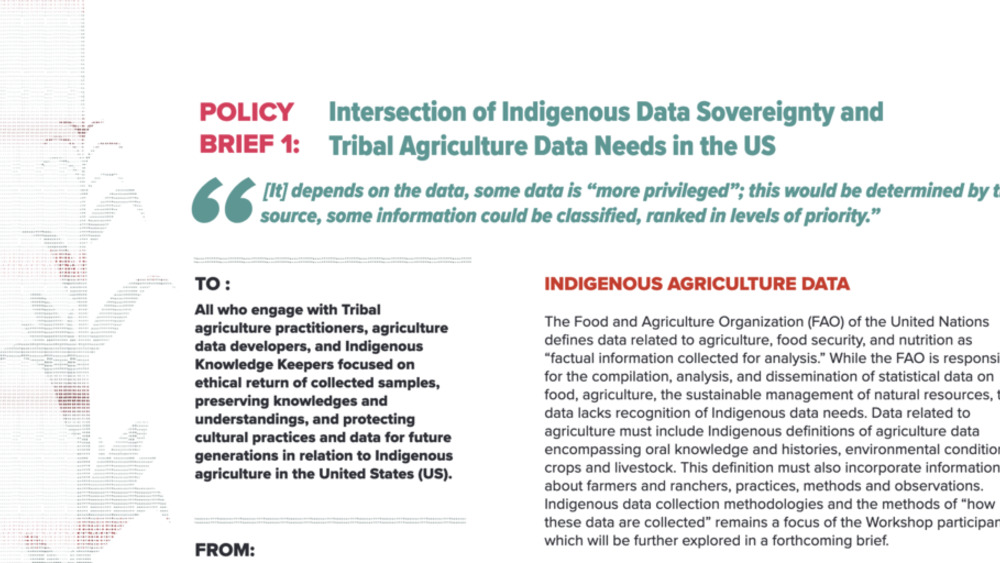
Intersection of Indigenous Data Sovereignty and Tribal Agriculture Data Needs in the US
Indigenous Peoples have always been agriculture data developers and keepers. Acknowledging the importance of Indigenous agriculture data to communities, an eight member Indigenous steering committee representing eight different Tribal Nations throughout the United States (US) designed and…
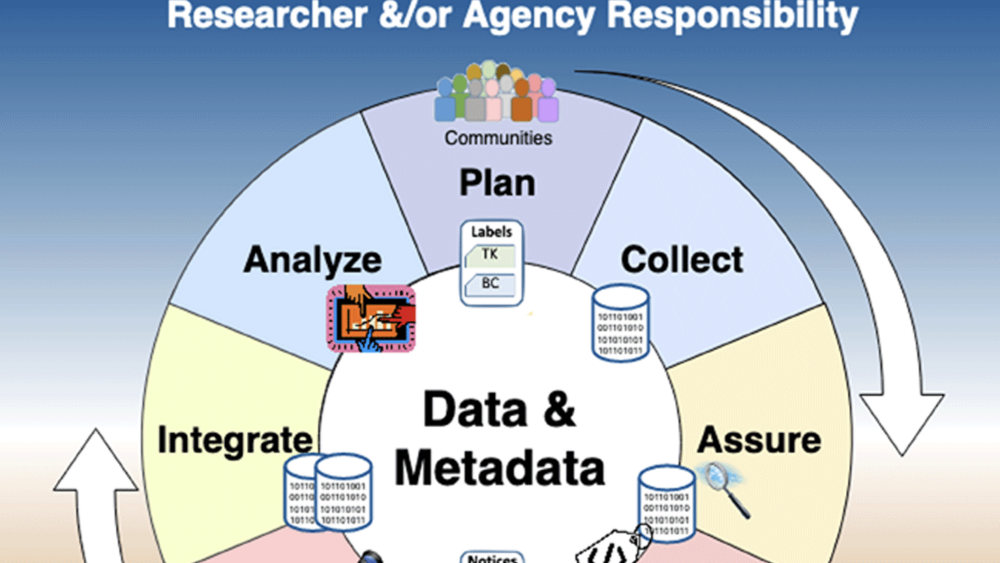
Earth Science Data Repositories: Implementing the CARE Principles
Datasets carry cultural and political context at all parts of the data life cycle. Historically, Earth science data repositories have taken their guidance and policies as a combination of mandates from their funding agencies and the needs of their user communities, typically universities, agencies…
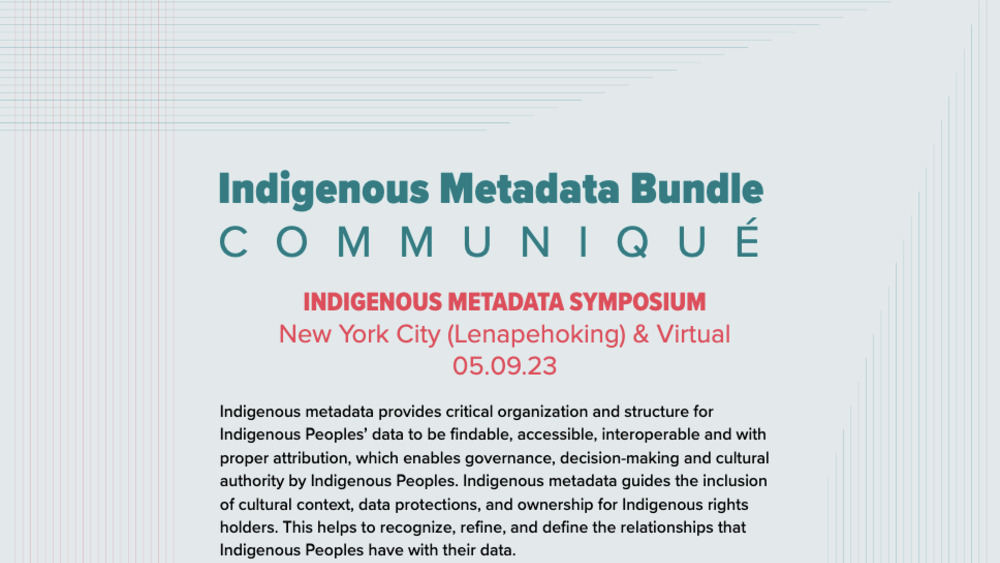
Indigenous Metadata Bundle Communiqué
Indigenous metadata provides critical organization and structure for Indigenous Peoples’ data to be findable, accessible, interoperable and with proper attribution, which enables governance, decision-making and cultural authority by Indigenous Peoples. Indigenous metadata guides the inclusion of…
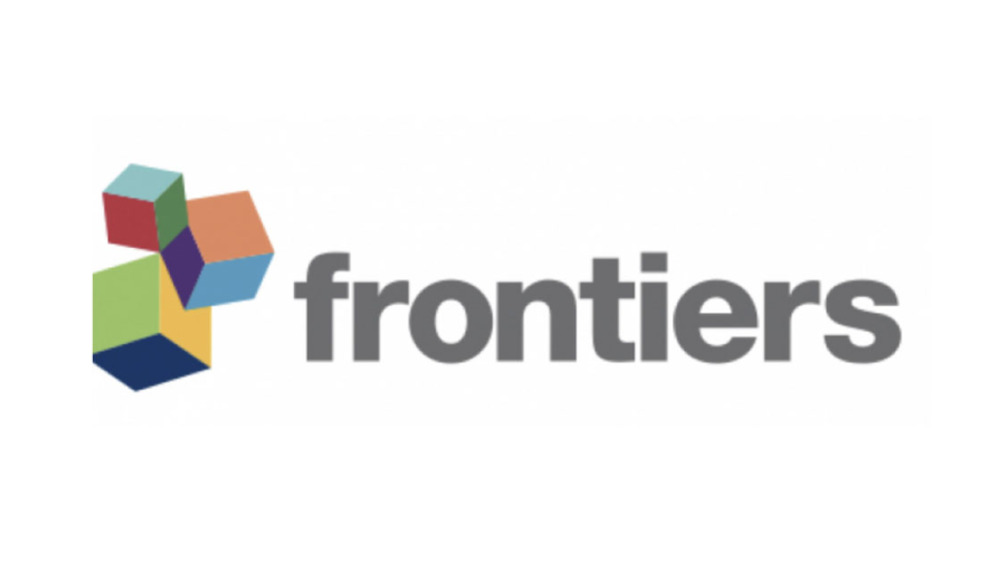
Indigenous Peoples and research: self-determination in research governance
Indigenous Peoples are reimagining their relationship with research and researchers through greater self-determination and involvement in research governance. The emerging discourse around Indigenous Data Sovereignty has provoked discussions about decolonizing data practices and highlighted the…
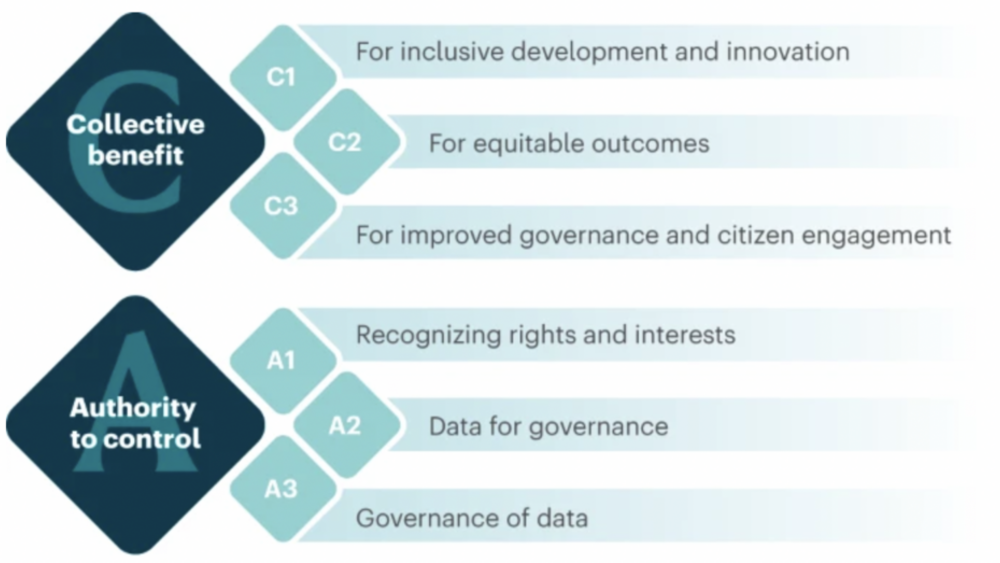
Applying the ‘CARE Principles for Indigenous Data Governance’ to ecology and biodiversity research
Indigenous Peoples are increasingly being sought out for research partnerships that incorporate Indigenous Knowledges into ecology research. In such research partnerships, it is essential that Indigenous data are cared for ethically and responsibly. Here we outline how the ‘CARE Principles for…

Indigenous Peoples' Rights in Data: a contribution toward Indigenous Research Sovereignty
Indigenous Peoples' right to sovereignty forms the foundation for advocacy and actions toward greater Indigenous self-determination and control across a range of domains that impact Indigenous Peoples' communities and cultures. Declarations for sovereignty are rising throughout Indigenous…
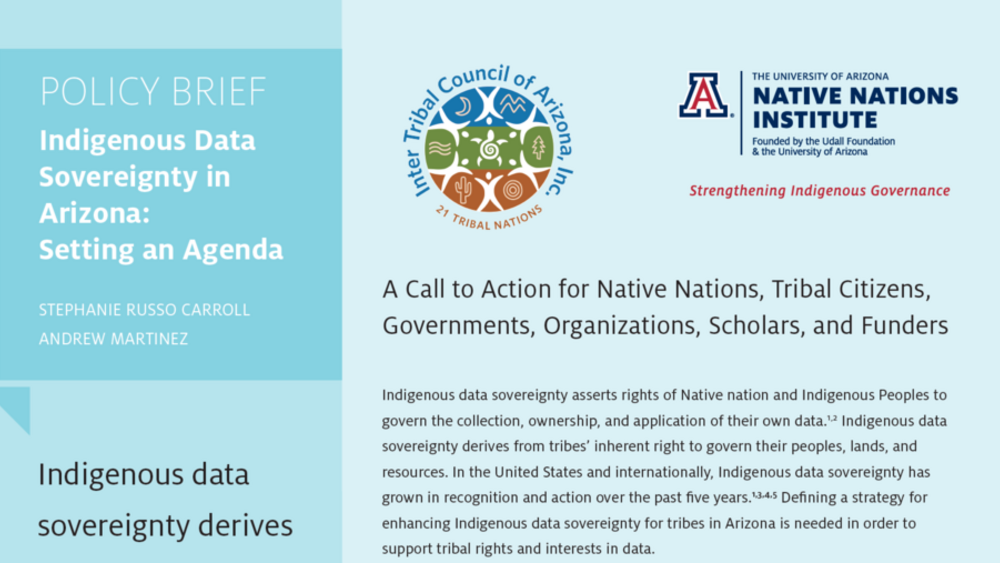
Policy Brief: Indigenous Data Sovereignty in Arizona: Setting an Agenda
Indigenous data sovereignty asserts the rights of Native nations and Indigenous Peoples to govern the collection, ownership, and application of their own data. Indigenous data sovereignty derives from tribes’ inherent right to govern their peoples, lands, and resources. In the United States and…
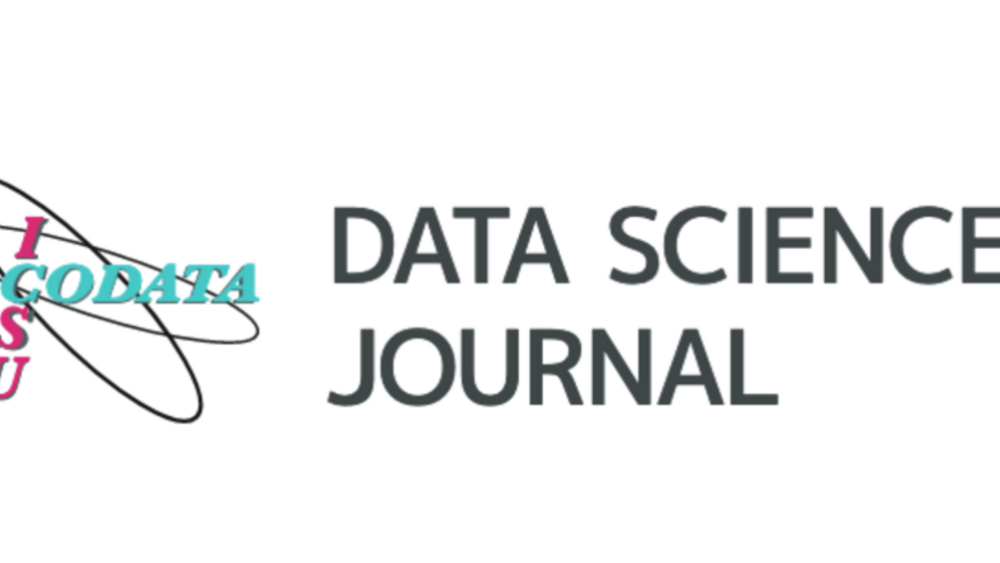
Indigenous Data Governance: Strategies from United States Native Nations
Data have become the new global currency, and a powerful force in making decisions and wielding power. As the world engages with open data, big data reuse, and data linkage, what do data-driven futures look like for communities plagued by data inequities? Indigenous data stakeholders and non-…
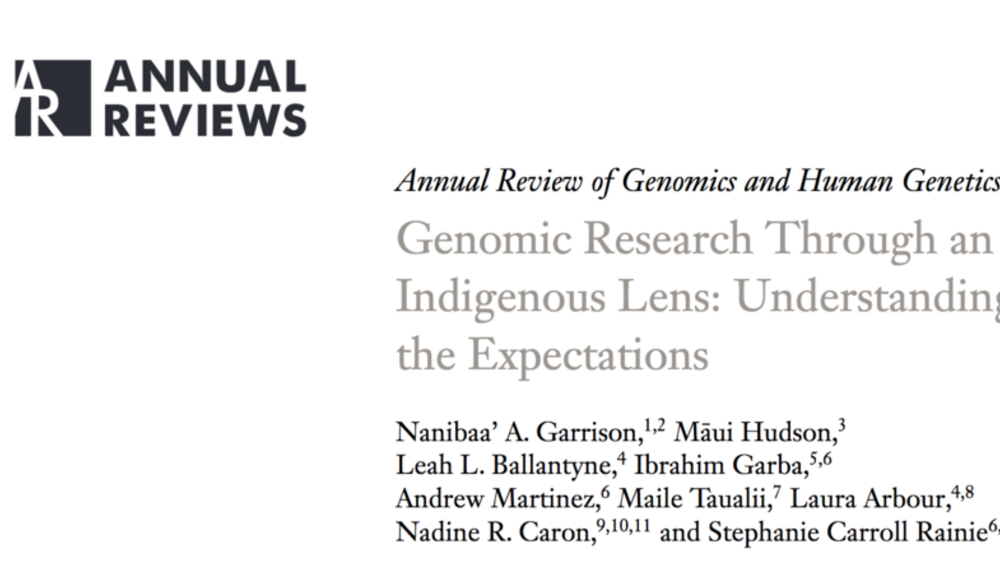
Genomic Research Through an Indigenous Lens: Understanding the Expectations
Indigenous scholars are leading initiatives to improve access to genetic and genomic research and health care based on their unique cultural contexts and within sovereign-based governance models created and accepted by their peoples. In the past, Indigenous peoples’ engagement with genomic research…
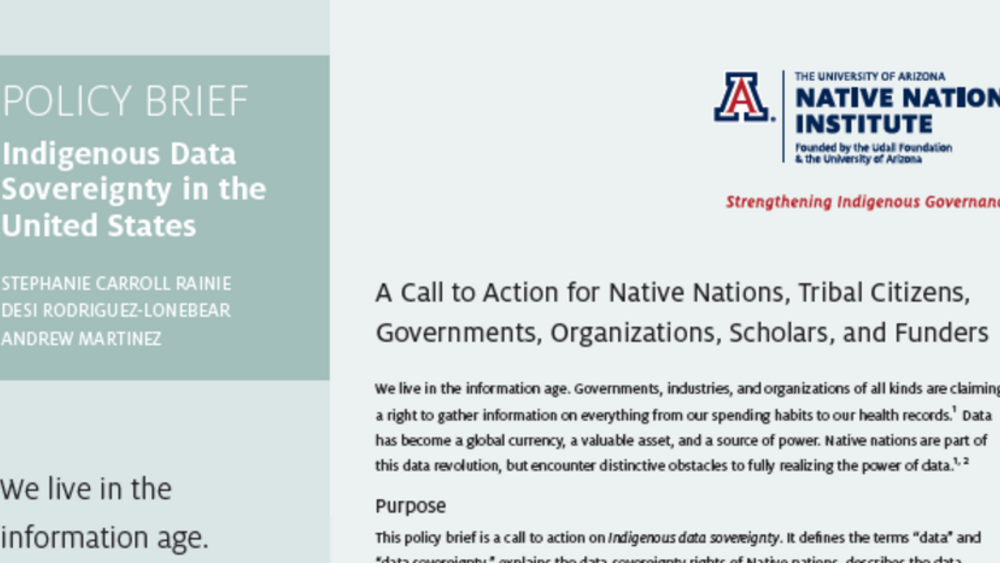
Policy Brief: Indigenous Data Sovereignty in the United States
We live in the information age. Governments, industries, and organizations of all kinds are claiming a right to gather information on everything from our spending habits to our health records. Data has become a global currency, a valuable asset, and a source of power. Native nations are part…
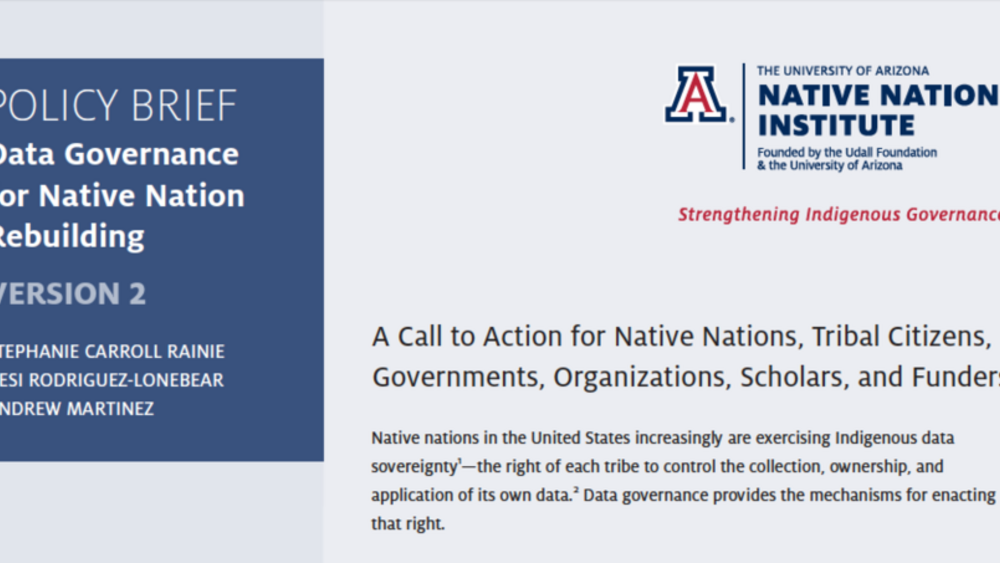
Policy Brief: Data Governance for Native Nation Rebuilding
Native nations in the United States are increasingly exercising Indigenous data sovereignty (ID-Sov)— the right of a nation to govern the collection, ownership, and application of its own data. While ID-Sov is the goal, data governance— the ownership, collection, control,…
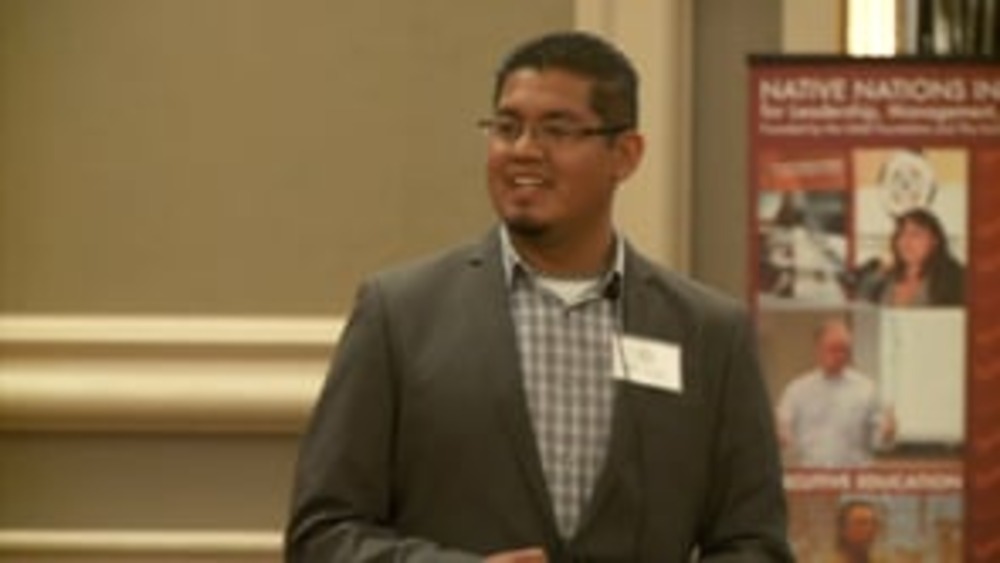
Andrew Martinez: Constitutional Reform: The Secretarial Election Process
Native Nations Institute's Andrew Martinez (Salt River Pima-Maricopa Indian Community) gives participants a concise and informative overview of how the secretarial election process works when Native nations amend their constitutions, and what happens (and doesn't) when Native nations remove…
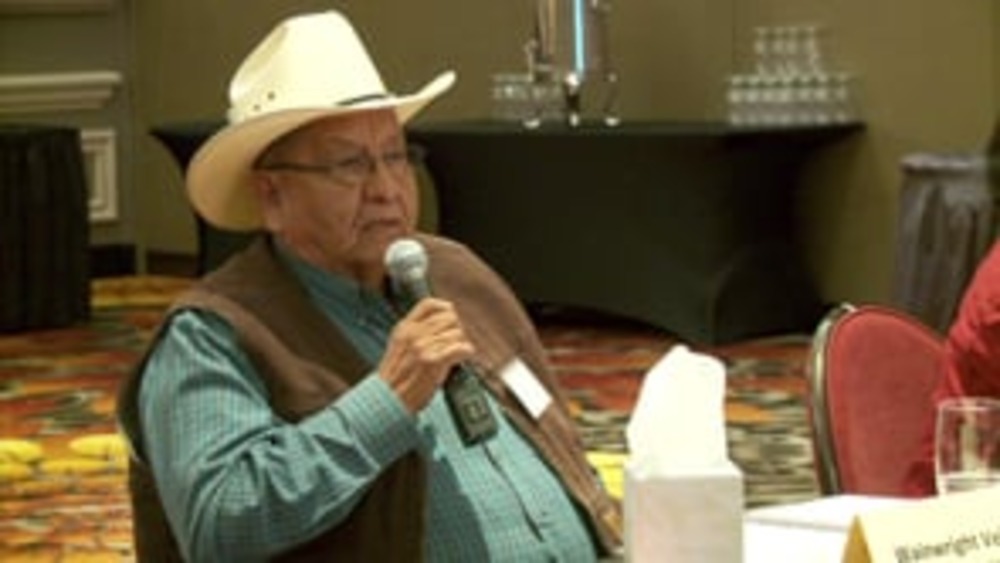
Robert Hershey and Andrew Martinez: The Legal Process of Constitutional Reform (Q&A)
Robert Hershey and Andrew Martinez engage participants in a lively discussion about the intricacies of secretarial elections and whether and how Native nations with Indian Reorganization Act constitutions should remove the Secretary of Interior approval clause from those governing documents.
